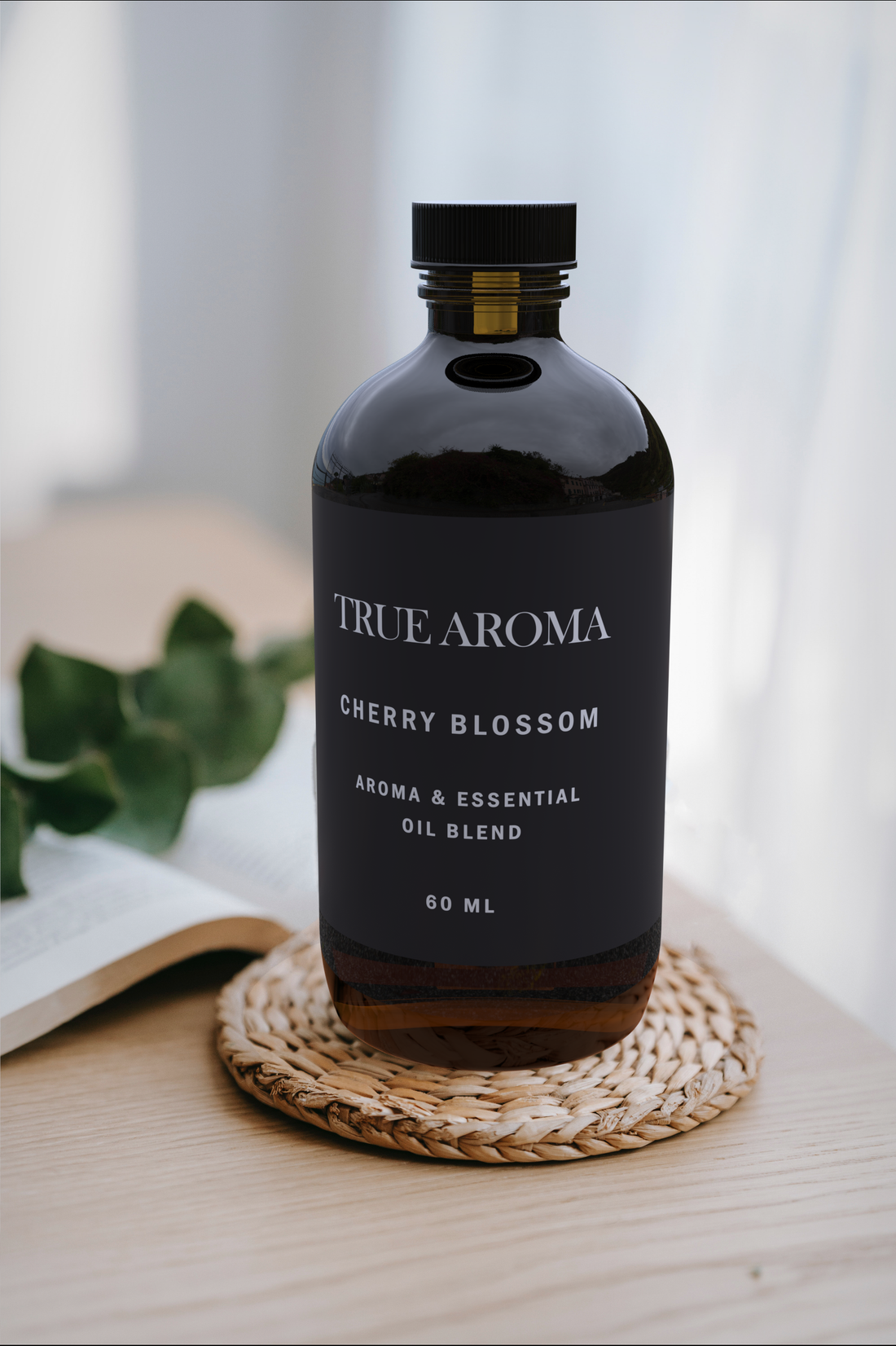Allergies can be difficult to manage, and many of us have experienced the physical agony of an allergic reaction. Typical allergies include common symptoms such as sneezing, red itchy eyes, and reaching for antihistamines.
All of these issues can become a hassle to deal with continually, but thankfully essential oils provide an attractive solution as a natural alternative to traditional treatments.
Essential oils are obtained by extracting compounds from plants that offer therapeutic benefits when used topically or aromatically as part of a regular health routine. With essential oils for allergy relief, both minor and serious allergic reactions may be alleviated without chemicals or drugs.
In this article, we will explore the benefits of using essential oils for allergy relief and how they can be used as a natural alternative to traditional treatments.
What is the Importance of Allergy Relief Essential Oil?
Allergy relief essential oil has been gaining importance in the natural health and wellness sector for its many benefits. Primarily, the oil may be used to target seasonal allergies or even perennial allergic rhinitis when inhaled, massaged on the skin, or used as an aromatherapy oil. The formula is usually a mix of essential oils like tea tree, eucalyptus, and chamomile that combine to create a powerful solution to relieve allergies.
The blend of these oils can help reduce inflammation and prevent any allergen from entering your nasal passage or any other sensitive areas of skin which could lead to irritation. Allergy relief essential oil can be a great natural way to eliminate common allergy symptoms like sneezing, runny nose, and itchiness.
How Essential Oils Work for Allergy Relief
Essential oils work for allergy relief as a natural way to reduce symptoms, mainly due to their anti-inflammatory properties. There are a few different types of essential oils widely used for this purpose – lavender, tea tree oil, and various citrus oils are some of the most popular. To use essential oils to relieve allergies, it is important to dilute them with a carrier oil such as olive or coconut oil before applying them topically.
Lavender oil can help reduce inflammation that causes congestion, while tea tree oil may help eliminate bacteria that trigger an allergic reaction on the skin. Citrus oils such as lemon oil may be beneficial to improve breathing and reduce airway constriction related to hay fever symptoms.
Essential oils should never be applied undiluted as they could cause skin irritation, itchiness, or burning sensation; always dilute them before using them on sensitive areas of the skin. Essential oils can be a great way to relieve allergy symptoms if used sensibly and in moderation naturally.
Specific Essential Oils for Allergy Relief
The use of essential oils for allergy relief has become increasingly popular lately, and it's easy to see why! Essential oils such as Cherry Blossom, Peppermint, Amber Bergamot, Eucalyptus, and Lemon essential oil can act as natural supplements to combat the symptoms of seasonal allergies.
1. Cherry Blossom essential oil
Cherry Blossom essential oil is known as one of the best essential oils for allergy relief. It has been proven to help improve symptoms associated with seasonal and environmental allergies, including runny or watery eyes and skin allergies. Cherry Blossom oil can be applied topically or inhaled as aromatherapy to gain its allergy-fighting benefits.
Blending Cherry Blossom with other essential oils can also create an allergy blend that helps combat symptoms such as sneezing, breathing difficulty, and headaches. This is the perfect natural way to help relieve the discomfort associated with allergies. Cherry Blossom essential oil should definitely be one of your go-to's when treating any allergic reaction.
2. Peppermint essential oil
Peppermint essential oil has long been known as a natural remedy for allergy symptoms, such as a rash or skin irritation. Peppermint oil contains antiseptic and anti-inflammatory properties, which can help to reduce the severity of allergy-related skin reactions.
Peppermint oil can be applied directly to the skin through topical applications, with almond oil being a common carrier choice. During allergy season, using peppermint oil topically can help improve one's symptoms and reduce the duration of flare-ups.
It is important to remember that not all allergies can be safely treated with essential oils, so always use caution when using them as a remedy for allergies. Essential oils should be taken orally with proper education and supervision from a qualified expert in herbal remedies. Peppermint essential oil may be the perfect remedy you need during allergy season.
3. Amber Bergamot essential oil
In recent years, Amber Bergamot essential oil has become increasingly popular as a natural remedy for allergy relief. This plant-based oil is known for its calming and uplifting aroma that can help reduce some of the common symptoms associated with allergies, such as nasal congestion and itchy eyes.
In randomized controlled trials and human studies, Amber Bergamot essential oil has improved allergy symptoms. Although essential oils aren't officially recognized as a medicinal therapy, Amber Bergamot is gaining attention and popularity due to its ability to reduce inflammation in the upper respiratory system.
When it comes to Amber Bergamot Essential Oil safety and preparation, it is always recommended to use it through inhalation (as an inhalant) or topically when diluted with a carrier oil such as jojoba or coconut oil. Ultimately, Amber Bergamot Essential Oil may improve allergy symptoms when used correctly.
Conclusion
Exploring the benefits of essential oils for allergy relief can be a helpful and natural alternative to traditional treatments. While essential oils cannot completely replace traditional medications, they may offer an additional layer of relief. Research has found that various essential oils have anti-inflammatory properties that can help with allergy symptoms.
It is also beneficial to consult an aromatherapist or healthcare professional familiar with using essential oils before trying them. Many resources are available to learn more about the essential oils available and how to use them for allergy relief safely.


